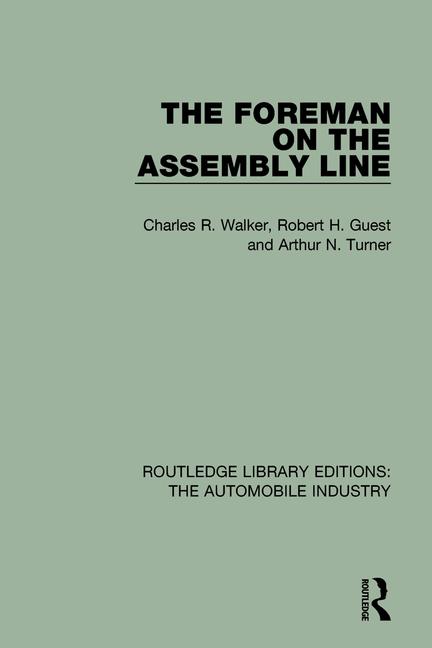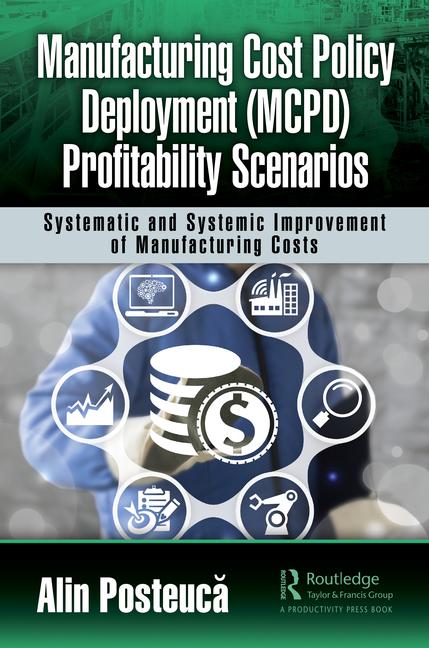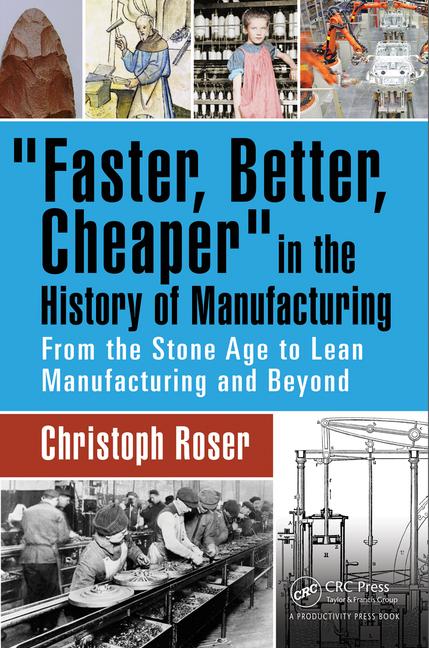Will Ban on Noncompete Agreements Affect Manufacturing?

In April, the Federal Trade Commission approved a final rule that bans noncompete agreements for employees nationwide.
Photo courtesy Wisconsin Technical College System
In April, the Federal Trade Commission approved a final rule that bans noncompete agreements for employees nationwide.
Known simply as “noncompetes,” these agreements between employer and employee prevent the employee from starting a similar business or working for a competitor after leaving the company. The agreement typically limits the employee to a certain geographic area and period of time after their employment ends.
According to the FTC, noncompetes often force workers to either stay in a job they want to leave or bear other significant harms and costs, such as being forced to switch to a lower-paying field, being forced to relocate, being forced to leave the workforce altogether, or being forced to defend against expensive litigation. An estimated 30 million workers—nearly one in five Americans—are subject to a noncompete.
“Noncompete clauses keep wages low, suppress new ideas, and rob the American economy of dynamism, including from the more than 8,500 new startups that would be created a year once noncompetes are banned,” said FTC Chair Lina M. Khan in a press release. “The FTC’s final rule to ban noncompetes will ensure Americans have the freedom to pursue a new job, start a new business, or bring a new idea to market.”
The FTC estimates that banning noncompetes will increase the formation of new businesses by 2.7 percent per year. The commission also expects the rule to result in higher earnings for workers, with estimated earnings increasing for the average worker by an additional $524 per year, and it is expected to lower health care costs by up to $194 billion over the next decade. In addition, the final rule is expected to help drive innovation, leading to an estimated average increase of 17,000 to 29,000 more patents each year for the next 10 years under the final rule.
Under the final rule, existing noncompetes for senior executives can remain in force, but employers are banned from entering into new noncompetes, even if they involve senior executives. The rule defines “senior executives” as employees “in policy-making positions” who make at least $151,164 annually.
The agency approved the final rule more than a year after it first proposed the ban in January 2023. The agency received more than 20,000 comments from the public about the rule, which will become law 120 days after it is published in the Federal Register.
Employers argue that noncompetes protect their trade secrets and provide an incentive to invest in employees—because they ensure that workers won’t leave to join a competitor as soon as they are trained. (Here in the Chicago area, for example, school bus companies have become free de facto training centers for people seeking commercial driver’s licenses.)
Unions, including the AFL-CIO and the Service Employees International Union, support the ban.
Needless to say, the ink was barely dry before the ban was challenged in court. The U.S. Chamber of Commerce has filed a suit in a U.S. District Court in Texas, arguing that the FTC did not have authority to issue rules that define unlawful methods of competition. The suit calls the ban “a vast overhaul of the national economy, and applies to a host of contracts that could not harm competition in any way.” It said the agency didn’t have the power to issue a ban and, even if it did, a categorical ban on such agreements isn’t lawful.
The National Association of Manufacturers (NAM) is also against the ban. “The FTC’s rule banning noncompete agreements is unprecedented and threatens manufacturers’ ability to attract and retain talent,” said Chris Netram, NAM’s managing vice president of policy in a statement. “In addition, [the ban] puts at risk the security of intellectual property and trade secrets—anathema to an industry that accounts for 53 percent of all private-sector R&D.
“An NAM survey found that 66 percent of respondents—manufacturers of all sizes—said the ban would interfere with their operations, and nearly half said it would impact employee training programs. The ban could force manufacturers to revamp their human capital operations completely, enact burdensome controls, or silo parts of their operations from each other, which would result in less training for employees, less collaboration, less innovation and less efficiency.”
Calling the ban “a vast overhaul of the national economy” seems a bit overwrought. If employers were truly concerned about retaining workers, they could pay better wages and treat their people more like family.
I wonder how the ban will affect the assembly automation industry. Ours is a business of specialized knowledge, tricks of the trade, and, importantly, trusted relationships. Experienced engineers and technicians who know how to handle tricky parts and processes are hard to come by. Now, there’s extra incentive to keep them happy.
Looking for a reprint of this article?
From high-res PDFs to custom plaques, order your copy today!








